Filter bags, as key components of industrial dust collectors, purify the air and protect workers' health. These bags are made from various fibers, and their suitable material is determined based on the type of pollutants and environmental conditions. The bags are cylindrical or pouch-shaped and are installed inside the dust collector's housing. Polluted air passes through the fabric pores, and suspended particles are captured. Depending on the material and application, there are different types, such as felt (for large particles), polyester (for fine particles and moisture), fiberglass (for high temperatures), and PTFE (for chemicals and harsh conditions). Each filter bag is designed to ensure optimal performance under specific conditions.
How Filter Bags Work
Industrial dust collectors separate pollutants from the air using various methods such as filtration, cyclonic separation, and sedimentation. In filtration, particles are captured by the filter. In cyclonic separation, particles are separated by centrifugal force, while in sedimentation, particles settle due to their weight. Filter bags are categorized into four types based on material: felt (for large particles), polyester (for fine particles and moisture), fiberglass (for high temperatures), and PTFE (for chemicals and harsh conditions). Each type is designed for specific conditions.
Advantages of Filter Bags
Filter bags, as the beating heart of industrial dust collection systems, offer numerous benefits for various industries. Below are some of their key advantages:
Long lifespan and easy replacement: Filter bags are made from durable materials, ensuring a long service life. Replacing filter bags is quick and simple, minimizing production downtime and maintenance costs.
Low maintenance cost: Filter bags require minimal maintenance and are easy to clean, reducing upkeep expenses and extending their lifespan.
Variety in size and type: Filter bags are available in different sizes and types, allowing industries to choose the most suitable option for their specific needs.
Eco-friendly: By capturing and removing airborne pollutants, filter bags contribute to environmental protection. Due to their high efficiency, adaptability to various conditions, long lifespan, low maintenance cost, and environmental compatibility, they are one of the best solutions for air pollution control in different industries.
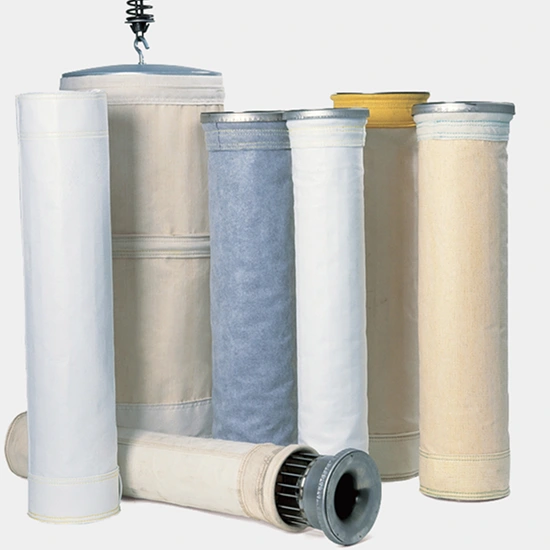
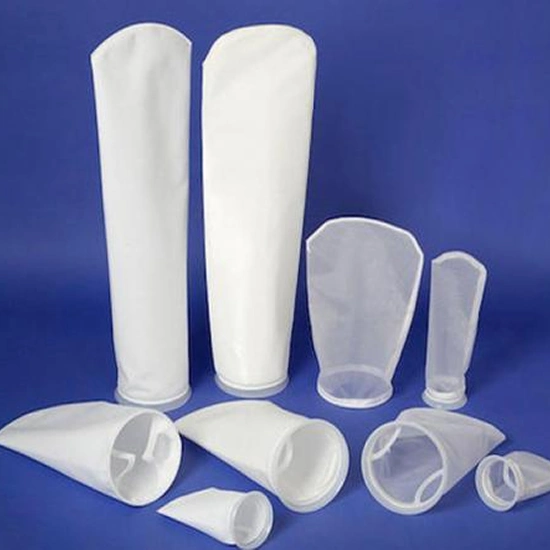
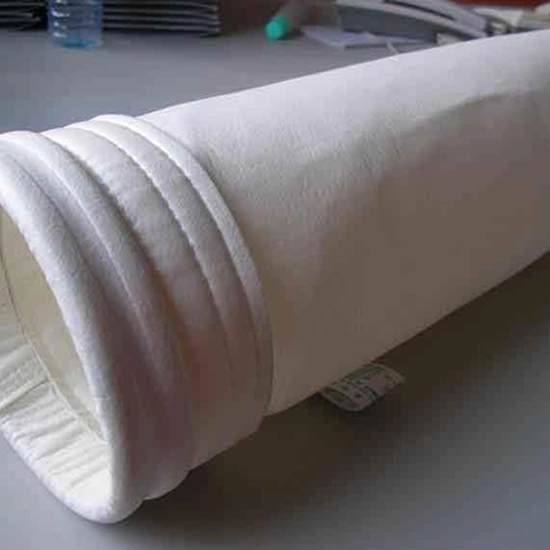

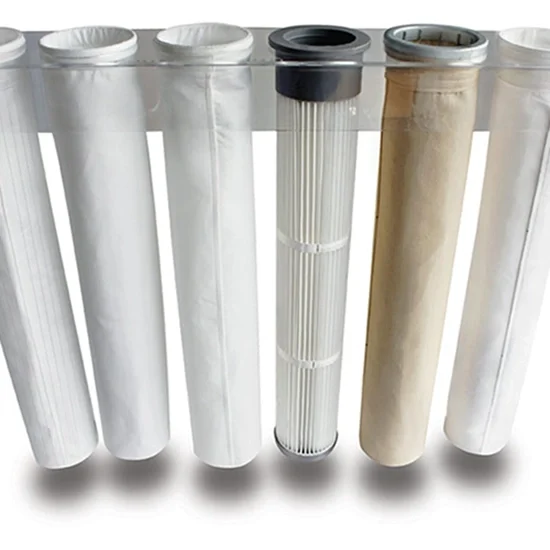
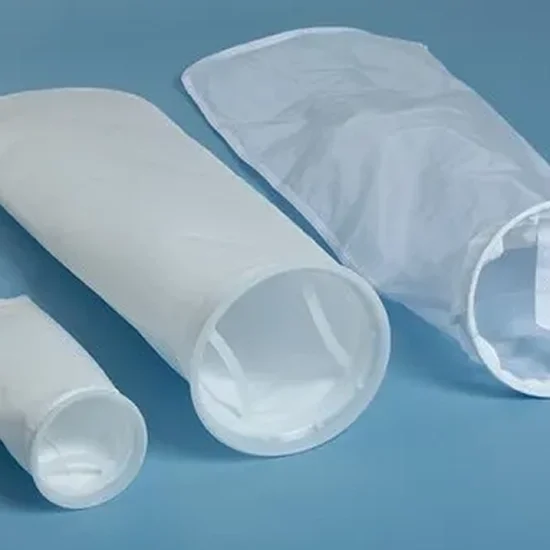
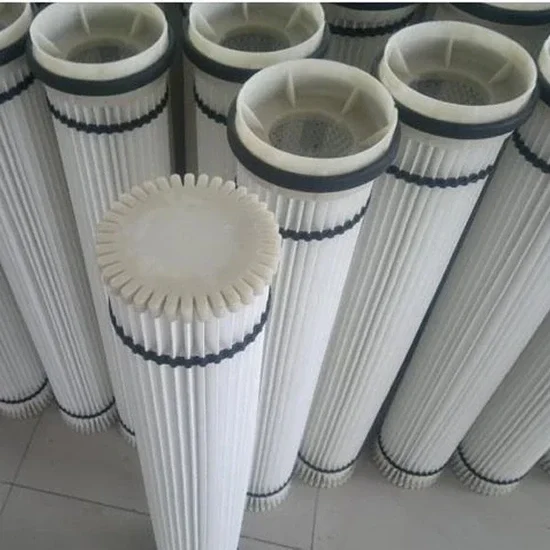
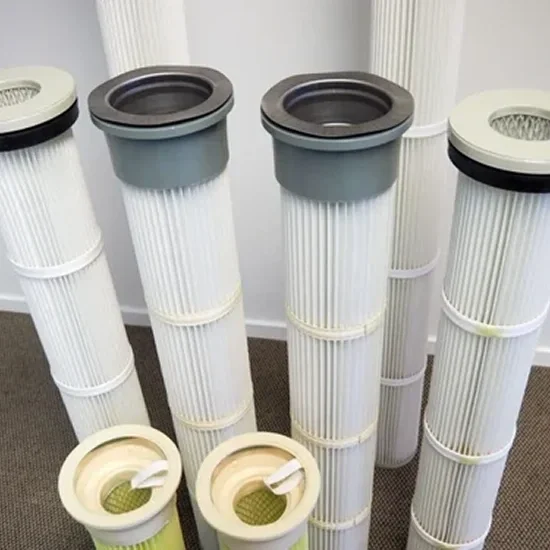
بدون دیدگاه